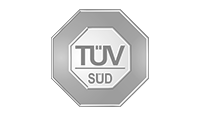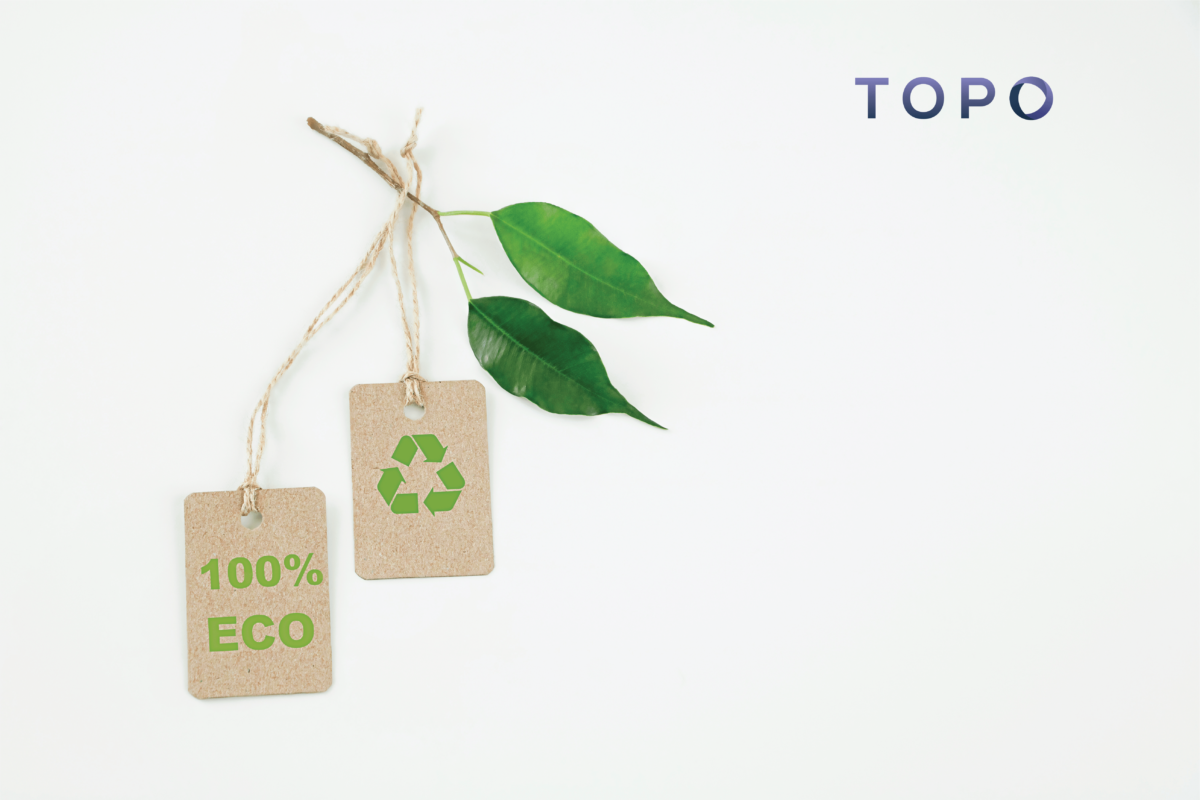Request a Demo
Trusted by leading brands, retailers, manufacturers and service providers across industries such as:
















Have you ever bought a product that claimed to be eco-friendly, only to find out later that it was not as green as it was claimed to be? If so, you have been a victim of greenwashing, the practice of making false or misleading claims about the environmental benefits of a product, or company. Businesses often make claims about their products or services being “green” or “sustainable” without any attempt to provide any supporting evidence. As consumers become more aware of the importance of their daily choices and purchases, many businesses have become creative in the way they lure customers. A common tactic is to rebrand or redesign packaging to appear green-friendly using logos, buzzwords, and natural images. Some companies are unaware that they are engaging in greenwashing.
Many organizations have put up a facade of sustainability relating to activities like recycling water and claiming that packaging is compostable, while they continue to emit more greenhouse gases and fail to reduce waste. This is not only a problem for the consumer and the environment, but also bad for business. Greenwashing is deceitful. It takes up space in the fight against truly environmental issues like reducing carbon emissions, deforestation and plastic ocean pollution.
A classic example of greenwashing is when Volkswagen admitted to cheating on emissions tests. It fitted various vehicles with a “defeat” device – software that could detect when it was undergoing a test – and altered the performance to reduce the emissions level.
This was active while Volkswagen was promoting the low-emissions and eco-friendly features of its vehicles.
Well-known brands’ supposedly eco-friendly and sustainable collections have been accused of greenwashing because of confusing labels for customers, lack of third-party verifications, misleading claims of circularity, promotion of fabrics in blends which is unrecyclable, and lack of public information about chain of production. You can find more detailed information in the Greenpeace report here.
On January 17, 2024, the European Parliament approved new legislation aimed at curbing greenwashing by businesses named The Directive on Empowering Consumers for the Green Transition (ECGT). The legislation is designed to promote transparency in product marketing, discourage a disposable mentality, and address the issue of products being designed to become obsolete prematurely.
This is a response to the increasing number of companies making misleading claims about the environmental benefits of their products or services. Some common tactics include using vague or irrelevant wording and terms, exaggerating or fabricating achievements, and hiding or omitting negative impacts. This Directive on greenwashing aims to protect consumers and the environment by ensuring that claims and labels are clear, accurate, and verifiable. EU countries will have 24 months to implement the new rules, after which “proportionate” penalties for companies that make false or unsubstantiated green claims may be applied.
The main objectives of this Directive are to:
The Directive will ban claims that a product has a neutral, reduced, or positive impact on the environment because of their use of emissions offsetting schemes.
Companies operating in the EU are mandated to enhance the clarity and reliability of product labels by refraining from using broad environmental claims like “environmentally friendly”, “natural”, “biodegradable”, “climate neutral” or “eco” without proof.
Another important objective of ECGT is to make producers and consumers focus more on the durability of goods. In the future, information about guarantees must be more prominently visible and a new, standardized label will be introduced to highlight products with extended warranty periods. The new rules will ban baseless claims about durability and discourage premature replacement of appliances and consumables (often the case with printer ink, for example), and falsely advertising products as repairable when they are not.
ECGT is stricter than the UK’s Green Claims Code. The UK’s proposed new rules only require businesses to be more transparent about their environmental claims. These laws will serve as a model for other countries and regions, creating a trickle-down effect. Global companies will need to take note and adjust their behavior in line with the expanding legislation.
The Directive is about addressing the root causes and drivers of greenwashing. It aims to foster a culture of sustainability among businesses and consumers in the EU. Businesses need to establish a transparent system for accurate reporting. Greenwashing can be identified by its lack of any numerical evidence. Tracking and reporting on even small achievements avoid being accused of greenwashing.
Understanding the Directive and how it impacts your business can be confusing. A supply chain platform solution using easy-to-use software can help navigate in 7 ways: